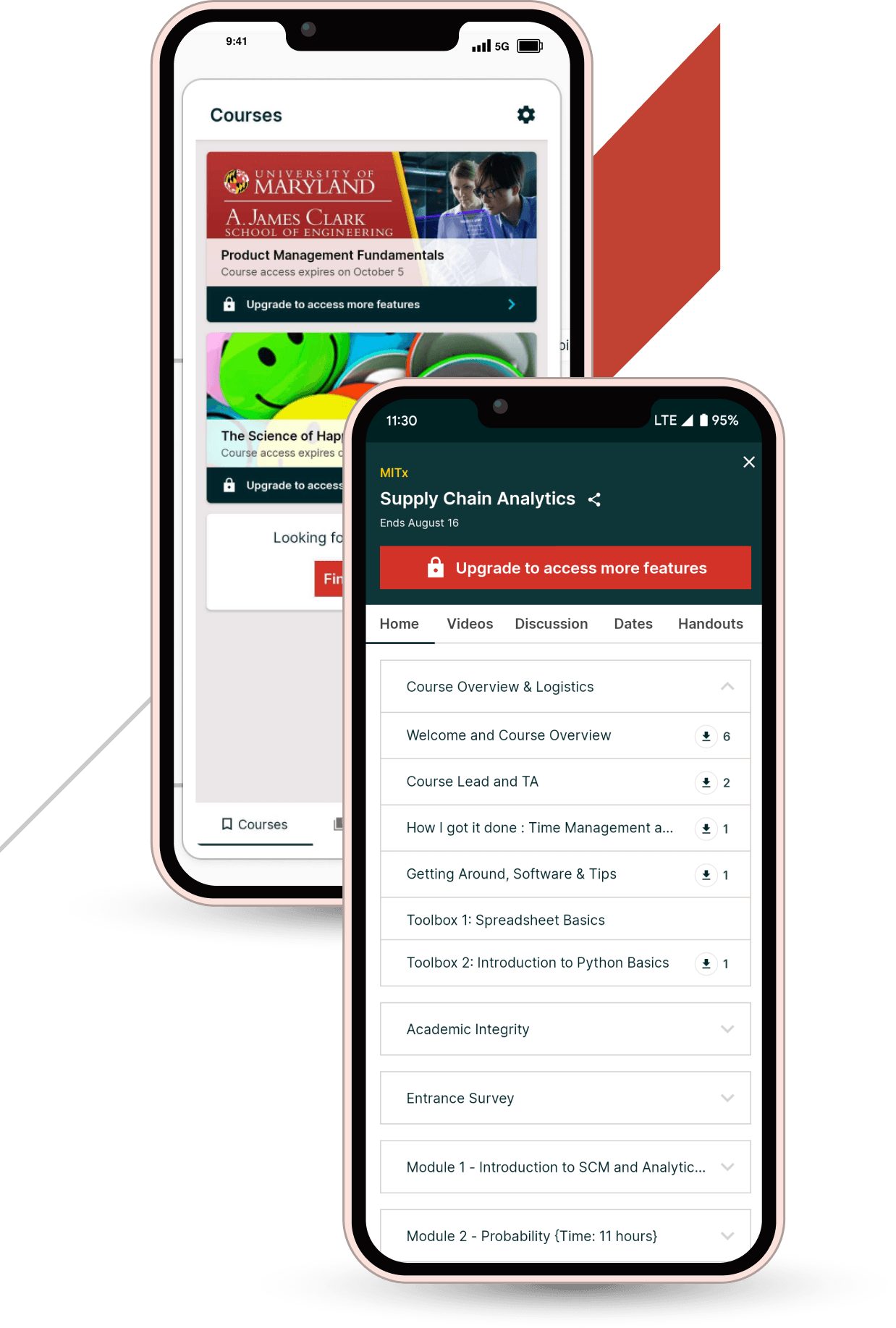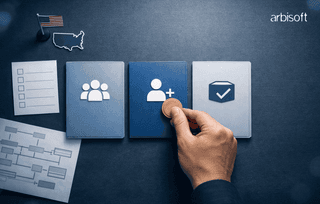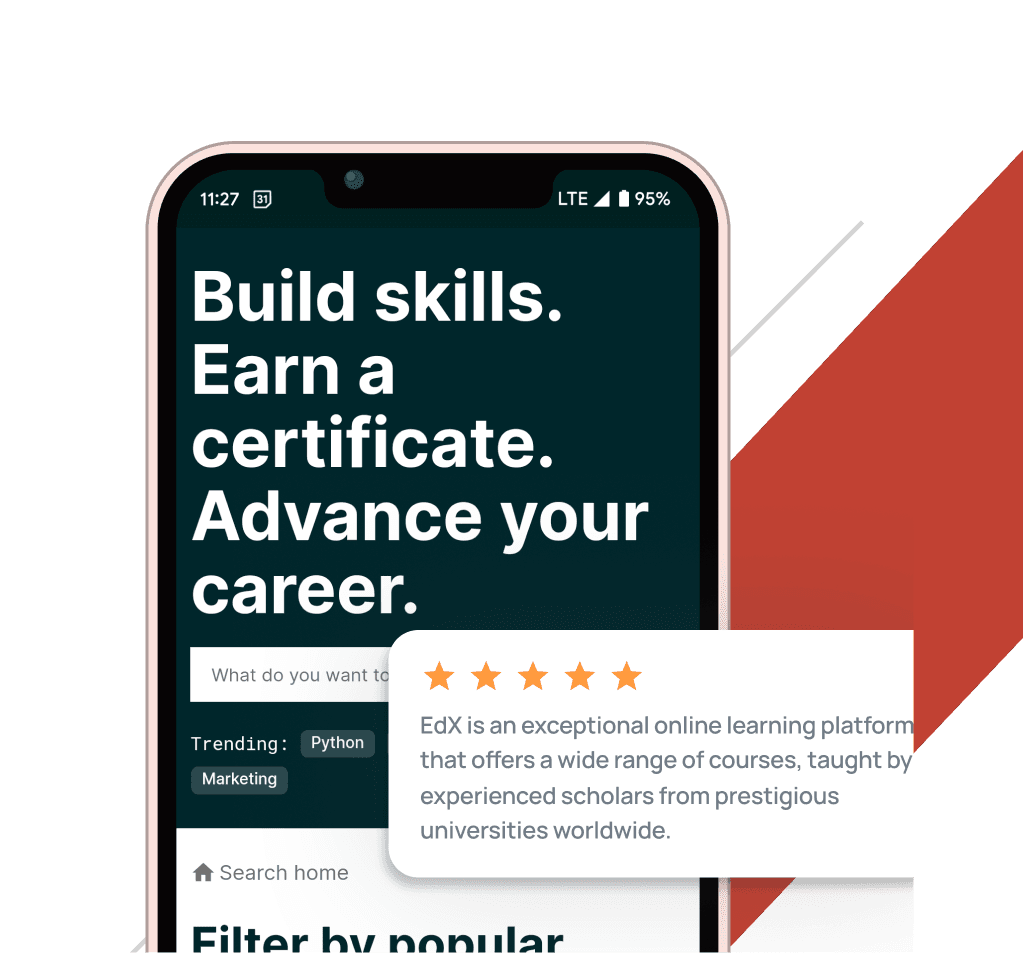We put excellence, value and quality above all - and it shows




A Technology Partnership That Goes Beyond Code

“Arbisoft has been my most trusted technology partner for now over 15 years. Arbisoft has very unique methods of recruiting and training, and the results demonstrate that. They have great teams, great positive attitudes and great communication.”
Problem Identification
- 1
The primary challenge stemmed from the absence of in-app course purchases on edX's mobile platform.
- 2
Users could explore courses within the app, but purchasing and unlocking features like certifications required navigating to the web platform.
- 3
The disjointed experience often led to user drop-offs, especially among mobile-centric users, highlighting the critical need for in-app purchase functionality.
Read the full case study
Short-Term Strategy
To validate the necessity of in-app purchases (IAP) and understand user preferences, our team at Arbisoft conducted two types of experiments: the Painted Door Test and A/B testing. In the Painted Door Test, we added an upgrade button within the mobile app interface. This simple addition allowed us to gauge user interest in upgrading courses directly through the app. The positive responses and user interactions with this feature indicated a clear demand for in-app purchases.
Following the Painted Door Test, we conducted A/B testing to further gauge user behavior and preferences. In this testing phase, 50% of users were given access to the new upgrade course feature, while the other 50% continued using the app without this feature. This approach allowed us to monitor purchase behavior between the two groups, providing valuable insights into the viability of in-app purchases. The users demonstrated a willingness to make purchases directly via the app.
An essential aspect of implementing in-app purchases was managing the 30% transaction fee imposed by the Apple Store and Google Play Store on such transactions. This fee structure had implications for partner expectations and the overall profitability of the in-app purchase model. To address this challenge, our team advocated for mobile payment methods and leveraged Apple and Google's fee reduction program, which reduced the initial transaction fee to 15% for purchases within the app.
Despite minimal marketing efforts during the initial phase, we successfully onboarded 50 courses onto the mobile platform. This marked the beginning of our project and served as the Minimum Viable Product (MVP) launch. The MVP launch allowed us to gather crucial user feedback and insights, which informed further enhancements and iterations of the in-app purchase system.
The strategic decision to implement in-app purchases and enable mobile payments was validated through user engagement metrics and positive feedback. As a result, team edX decided to go live with all courses on February 1, 2024, enabling mobile payments and offering a seamless experience for users interested in upgrading courses and accessing premium features directly through the app. This strategic move not only mitigated cannibalization risks but also facilitated a controlled and successful launch of in-app purchases, setting the stage for future growth and enhancements in mobile monetization strategies.






















